An imagined form of the museum’s logo, this mascot is lovable and honest, with an enthusiasm for science.
NMNS Emblems
- Based on decorative jade animal head carvings from the Han dynasty, this logo features the characteristics of a bull’s head, bringing to mind the spirit of hard work, thrift, and simplicity of people in ancient agricultural societies.
- The curved symbols resemble integrals in mathematics and the letter “S” which represents science, as well as its spirit and implications.
- This image also brings to mind the tender shoots of plants, representing the beginning of life, as well as endless life and prosperity.
- The plum blossom is Taiwan’s national flower, representing this museum’s identity as a national institution and its spirit of perseverance.
- The colors blue and green are the colors of nature. Green represents the land and germination and symbolizes growth. Blue is the color of the oceans, which have a long history and are where life originated.
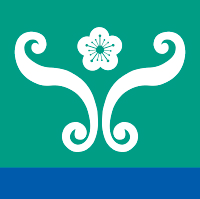
The bright red rubrum lily grows in northeastern Taiwan where rainfall is most abundant. It has a scattered distribution in steep rocky areas. Its gorgeous blossoms appear at the height of summer.
It was Professor Li Chia-Wei, a master horticulturist with a love of flowers and former director of the National Museum of Natural Science, who pushed for the designation of the bright red rubrum lily as the museum’s flower. The bright red rubrum lily is a rare native plant found on steep cliffs. It is an incomparable flower known the world over and symbolizes the National Museum of Natural Science’s spirit and determination to establish itself in Taiwan and overcome hardships as it looks to the world. Located in an urban area, the Botanical Garden offers a leisure and recreational environment and educational and exhibition activities. Here, this rubrum lily and its cliff ecology and characteristics can be observed in an effort to encourage its conservation.
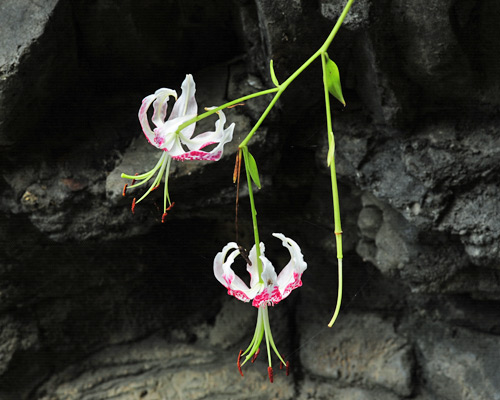
By 2017, this museum had welcomed 90 million visitors, marking a new milestone. This was followed by the creation of several mascots. To keep pace with the times, while building new models, this museum bypasses the conventional methods of working with famous artists or collecting votes in the development of its mascots. Instead, it conducts extensive surveys of the public and museum staff and integrates the results into its designs. From these surveys, it was discovered that a dinosaur family would be the most welcomed mascots.
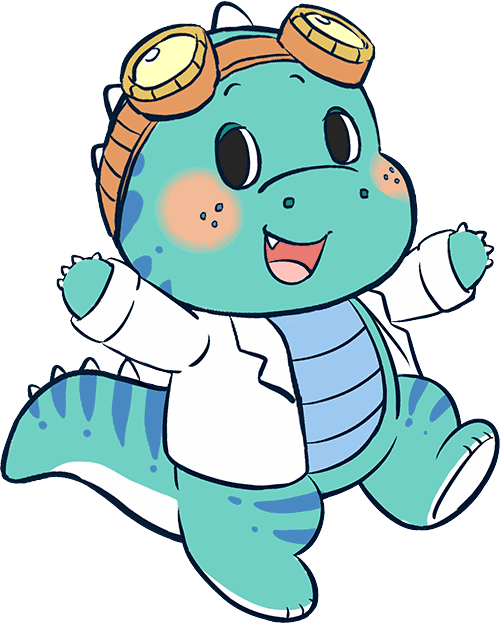
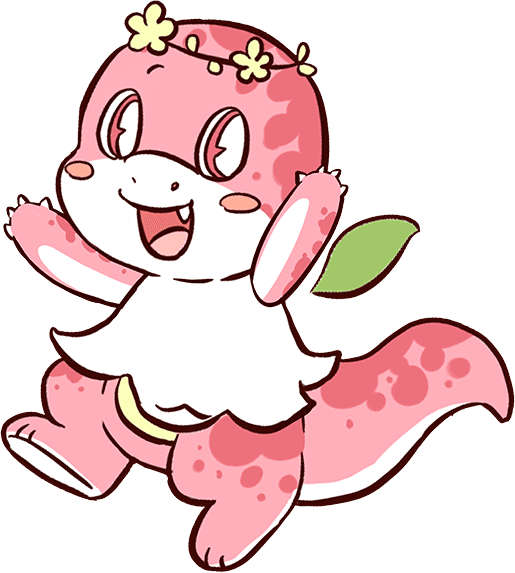
An imagined form of the bright red rubrum lily, representing nature, that is lively, mischievous, innocent, and kind.

Tiantian is the mascot of the 921 Earthquake Museum of Taiwan who comes from the land of earthquake cattle and carries an emergency kit given to him by his human friends. Tiantian is an ambassador who spreads earthquake and disaster prevention-related knowledge.

The mascot of the Fonghuanggu Bird and Ecology Park, Jubao is a toucan that is passionate, lively, and confident, as well as a trailblazer in nature and ecological conservation.
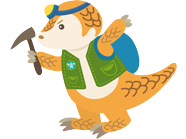
Larry is of a subspecies of Chinese pangolin and the Chelungpu Fault Preservation Park’s mascot. He is a little scientist with a great love of geology.
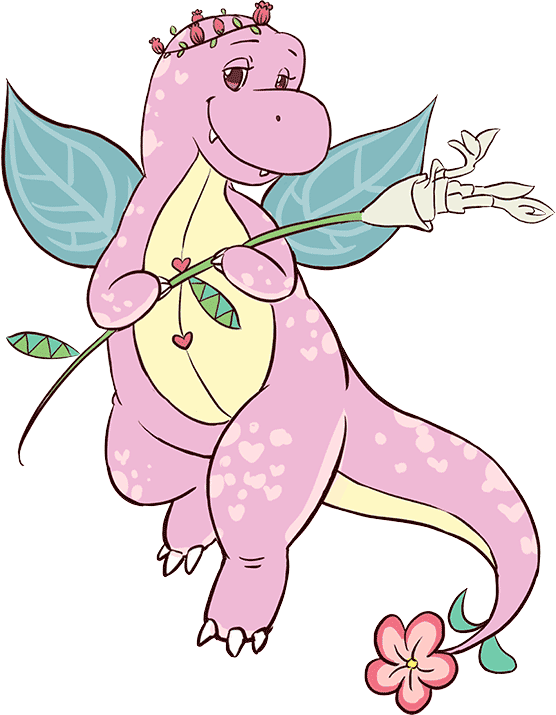
She is the guardian of the Botanical Garden. She cherishes all life, respects nature, and protects plants.

He is the guardian of the Science Center. He does not like to debate but rather to reveal truth through scientific experiments.
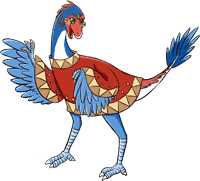
She is the guardian of the Human Cultures Hall and very curious about culture.
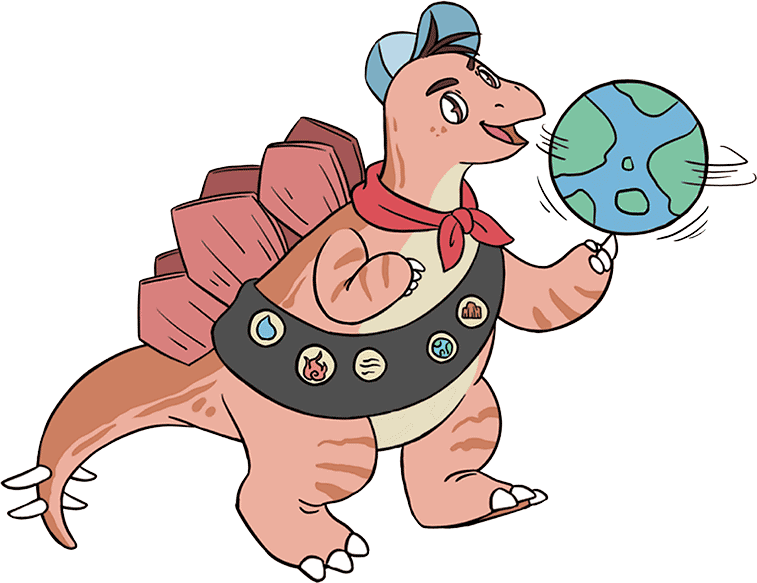
A diligent teacher who watches over the Global Environment Hall.
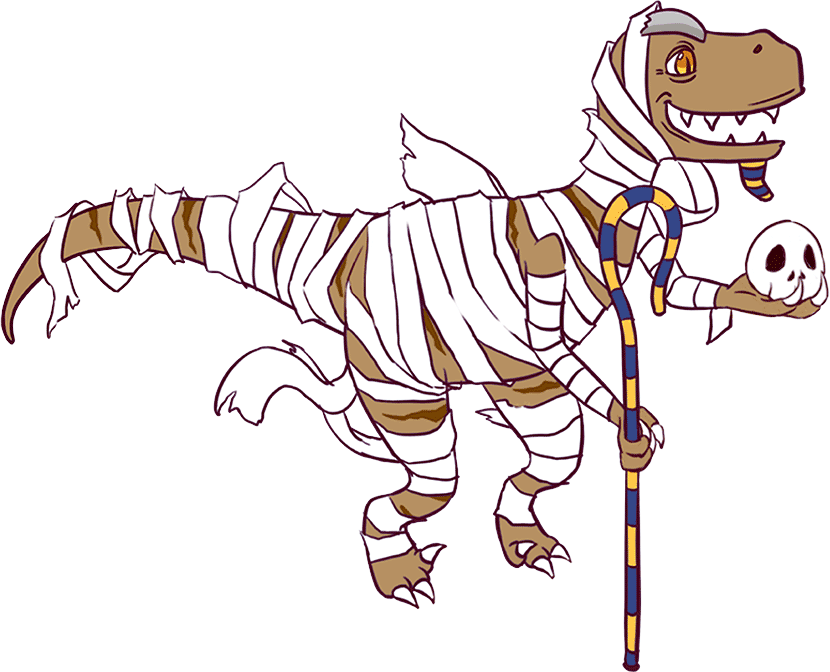
Filled with wisdom, he loves to tell stories and is the guardian of the Life Science Hall.
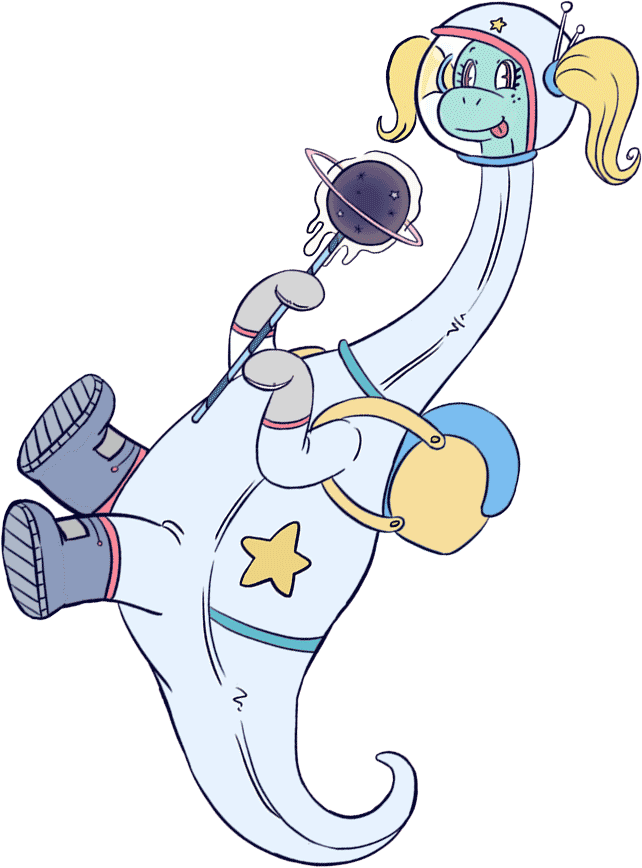
A true romantic and daydreamer, she is the guardian of the Space Theater.
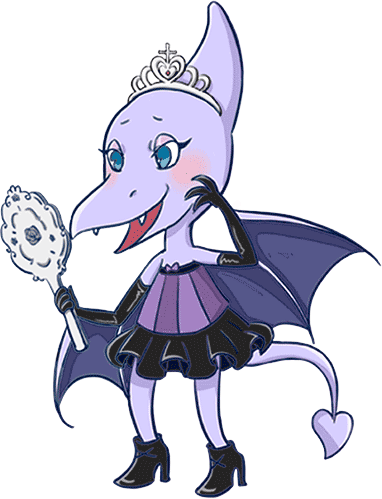
Stingy and smart, Feifei often smashes things when angry.
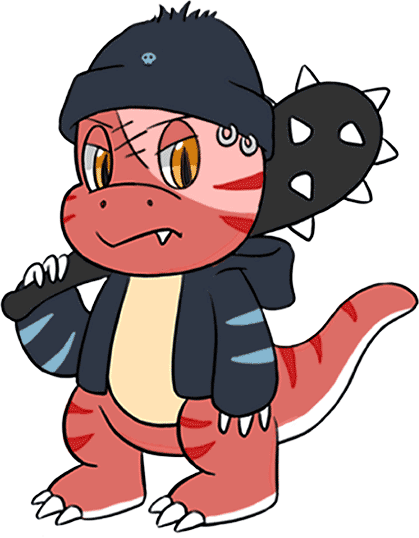
He is impulsive and likes to make trouble. As such he is the leader of a group of troublemakers.
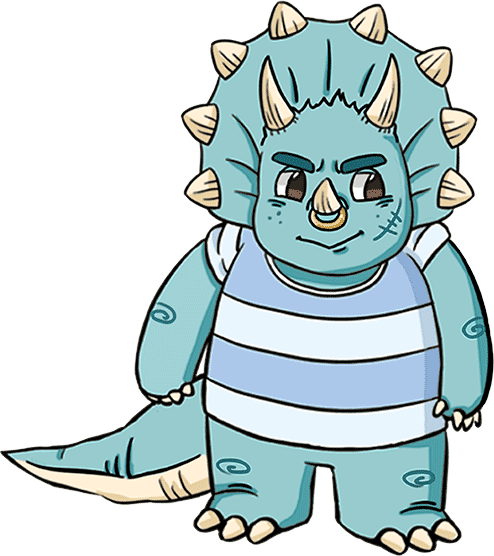
Simple minded with well-developed limbs, he is one of Baoge’s subordinates.
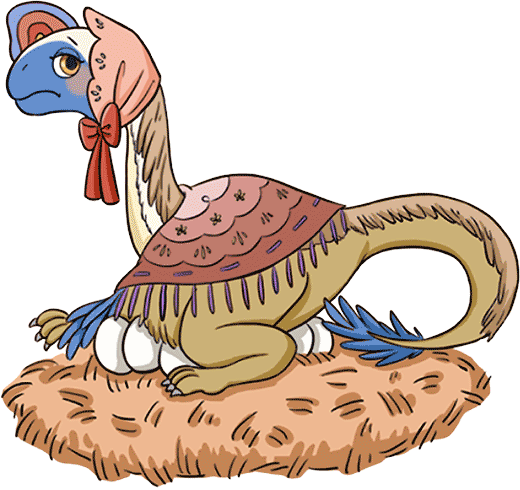
Momo is timid and often hides.